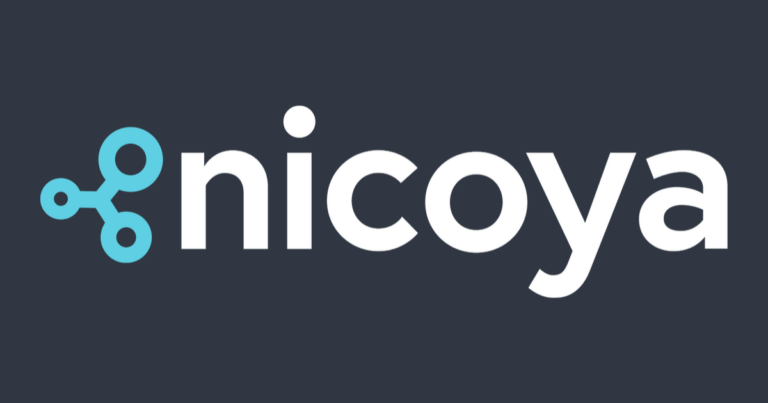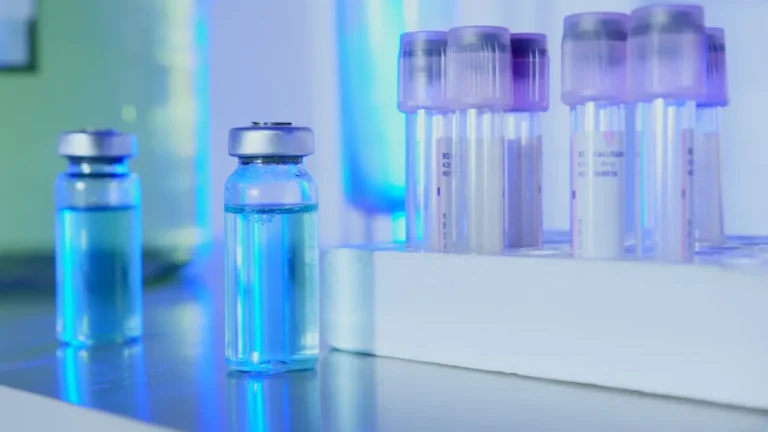Ferrer Completes Recruitment for PROSPER Phase II Trial in Progressive Supranuclear Palsy Ahead of Schedule
Spanish multinational pharmaceutical company Ferrer has announced the successful completion of patient recruitment for the PROSPER study, a Phase II clinical trial investigating FNP-223, a novel oral inhibitor of the OGA enzyme, in individuals with Progressive Supranuclear Palsy (PSP). The recruitment milestone was achieved on October 6th, two months ahead of the planned schedule, underscoring the strong engagement of patients, caregivers, and clinical research teams across multiple countries.
PSP is a rare, rapidly progressive, and ultimately fatal neurodegenerative disorder that affects movement, balance, and eye coordination. Currently, there are no approved disease-modifying treatments for PSP, highlighting the urgent need for innovative therapies that can slow the progression of the disease. The PROSPER study aims to address this unmet medical need by evaluating the safety, efficacy, and pharmacokinetics of FNP-223, a potent and selective inhibitor of the OGA enzyme in-licensed from Asceneuron. FNP-223 is designed to interfere with disease mechanisms in PSP, offering potential to modify disease progression rather than merely manage symptoms.
The PROSPER study is a randomized, double-blind, placebo-controlled clinical trial, enrolling 220 participants across 44 centers in the European Union, the United Kingdom, and the United States. Recruitment was completed in just 14 months, demonstrating the collaborative effort of participating centers and the willingness of patients to contribute to research despite the challenges posed by this complex disease. The trial includes a six-week screening period, followed by 52 weeks of treatment with either FNP-223 or placebo, and concludes with a four-week follow-up period to monitor safety and tolerability.
The study specifically targets individuals with early-stage PSP–Richardson syndrome (PSP-RS), the stage at which intervention may have the greatest impact. Early detection of PSP-RS is challenging due to the rapid progression and diagnostic complexity of the disease, making recruitment in this population particularly difficult. Achieving full enrollment ahead of schedule is therefore a significant accomplishment, reflecting both the dedication of the clinical teams and the engagement of patients and their families.
Prof. Dr. Med. Günter Höglinger, principal investigator and coordinator of the PROSPER study from the Ludwig-Maximilian University of Munich, emphasized the importance of this milestone: “I am deeply grateful to the patients, their caregivers, and the dedicated teams at our academic centers for their outstanding commitment, which has enabled us to reach this important milestone so swiftly. Together, we are making significant progress toward answering a critical scientific question: the role of OGA inhibition in PSP. Our shared efforts bring us closer to developing solutions that may truly improve the lives of patients.”
Kristophe Diaz, Chief Executive Officer of CurePSP, highlighted the human significance of this achievement: “Achieving full enrollment in a PSP clinical trial is no small feat, and Ferrer’s success with the PROSPER study is both a scientific and human milestone. Behind this progress are patients and families who choose to turn hope into action, and their participation accelerates the entire ecosystem toward meaningful therapies for PSP. For our community, each step like this brings us closer to lasting change.”
Oscar Pérez, Chief Scientific Officer at Ferrer, also commented on the early completion of recruitment, noting its importance in advancing clinical research for rare and complex diseases: “The early completion of recruitment marks a key step in Ferrer’s commitment to accelerating clinical research programs for complex and rare diseases such as PSP. In line with our purpose of using business to fight for social justice, we hope to deliver a potential solution that transforms the lives of people affected by this disease and those around them. We are deeply grateful to the patients, families, caregivers, investigators, and patient associations for their trust and support, without which this milestone would not have been possible.”
Patient-centric design was a core focus in the development of the PROSPER study. Ferrer incorporated feedback from patients, caregivers, and healthcare professionals to optimize the trial experience, ensuring that clinical research addresses the real-world needs of participants. This approach not only improves patient engagement and retention but also enhances the quality and impact of the research findings. By tailoring clinical protocols to participant needs, Ferrer aims to generate more meaningful and actionable insights that could inform future therapeutic strategies.
Ferrer’s dedication to research extends beyond PSP. The company, headquartered in Barcelona, is committed to the development of innovative therapies in areas with high unmet medical need, including rare neurological disorders, pulmonary vascular diseases, and interstitial lung diseases. Ferrer focuses on complex global clinical developments, advancing projects through multiple stages of research from early discovery to late-stage clinical trials. Through this approach, the company seeks to address conditions where treatment options are limited or nonexistent, ultimately improving patient outcomes and quality of life.
The PROSPER study reflects Ferrer’s broader mission of using scientific innovation to generate social impact. By developing potential therapies for low-prevalence and life-altering diseases, the company reinforces its commitment to advancing medical science while addressing the needs of patients and communities often underserved by conventional research. Ferrer emphasizes collaboration with patient organizations, academic centers, and healthcare professionals as a cornerstone of its clinical programs, fostering partnerships that accelerate the development of transformative therapies.
The early completion of recruitment in the PROSPER trial is not only a testament to the dedication of patients and research teams but also a promising step forward in the search for disease-modifying treatments for PSP. As the trial progresses through treatment and follow-up phases, Ferrer remains focused on generating robust clinical data that may pave the way for new therapeutic options. For patients, families, and the broader PSP community, the PROSPER study represents hope and tangible progress toward meaningful interventions for a devastating disease.
In summary, Ferrer’s achievement in completing patient recruitment for the PROSPER Phase II trial ahead of schedule demonstrates the company’s commitment to advancing clinical research in rare neurological diseases. By focusing on early-stage PSP-RS, incorporating patient feedback, and collaborating across international centers, Ferrer is making significant strides toward evaluating the potential of FNP-223 as a disease-modifying therapy. This milestone reinforces the company’s broader mission to deliver innovative solutions for serious, low-prevalence diseases, improving the lives of patients and contributing to lasting social impact.



